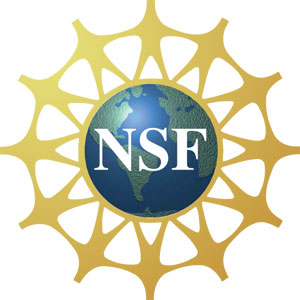Apply
PDF Application Form
Questions? Contact us at resilience@clemson.edu.
Our project responds to the urgent need to identify and mitigate infrastructure vulnerabilities that result from the interdependencies between natural, built, and human systems. We envision a paradigm of graduate education conducive to training STEM professionals capable of crossing disciplinary boundaries and working in a dynamic group of continuously learning individuals. With this vision, Clemson University will train a cross-disciplinary cohort of graduate students focused on Model Engineering and Data Science focused on enabling resilient infrastructure. Curriculum innovations are proposed to
- promote an agile, adaptive curriculum structure responsive to changing needs of students,
- build a local scientific community enabling students to learn the “business” of science (e.g., networking, collaboration, communication, etc.) and
- enhance students’ ability to apply academic research to complex, real-world problems with an awareness of societal impacts.
If you are looking for a graduate program where you can apply modeling and data science approaches to solving interdisciplinary real-world problems, then this may be the degree program for you! We are looking for students from a broad range of disciplinary backgrounds, including social science, physical science, and engineering. Regardless of your background, to be a participant you should be prepared to work with others from different fields and be willing to learn the computational and mathematical tools required to study coupled systems.
NRT Fellowship Eligibility
While all students with appropriate interests and backgrounds are encouraged to participate in the NRT program, there are restrictions on eligibility for receiving a graduate stipend through a Fellowship.
- Fellowship recipients must be American citizens or legal permanent residents.
- Applicants should have sufficient background and/or interest in technical areas such as math, statistics, or numerical modeling to successfully participate in the core elective certificate in Model Engineering & Data Science (e.g., prior courses in one or more of statistical methods, differential equations, linear algebra, or computer programming are strongly recommended).
- Accepted students to the Fellowship program must have identified and obtained the agreement of a faculty mentor to act as their primary advisor.
- With the direct aid of their faculty member, students should identify a ComPLEX Venture team that they expect to participate in and provide a statement of how their research will relate to the overarching team initiative. The program manager can assist you in getting started with this effort.
- In most cases, funding will be available for 2 years of a PhD program or 1 yr of a MS program. Funding in additional years is dependent on availability from other faculty and/or departmental resources. It is recommended that participants discuss this with their faculty mentor and have a clearly plan for support throughout their graduate experience.



